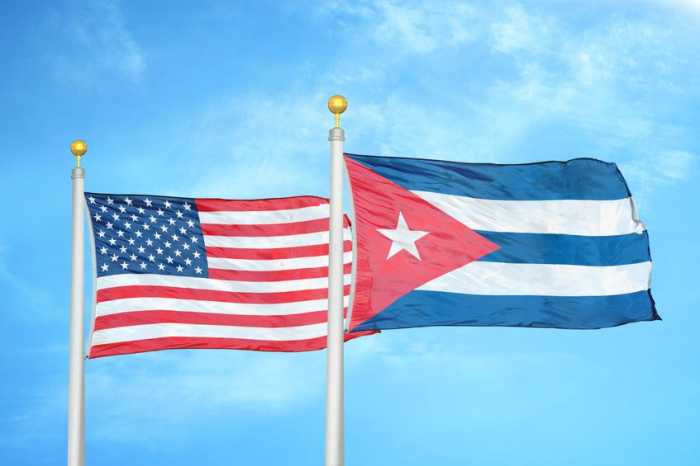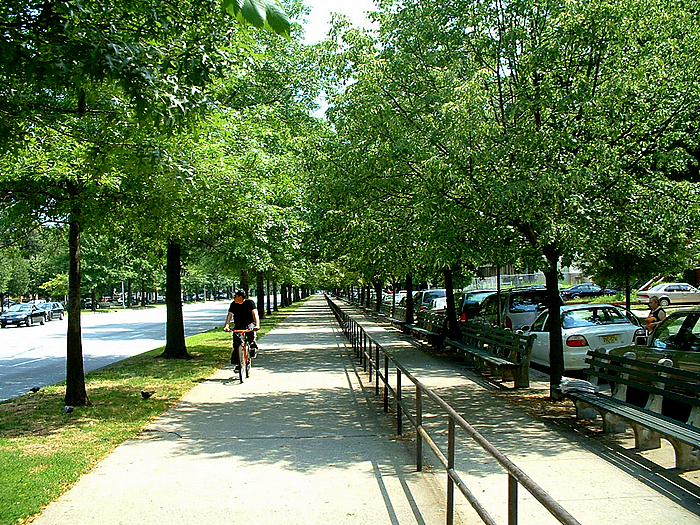Since March 2020 over 1,000 restaurants in New York City have shut their doors, with them, around 140,000 jobs in the food service industry have been lost. The food service industry has been decimated by the Coronavirus Crisis. Restaurants turned to take-out and delivery, presenting a new challenge, as third-party delivery systems are unaffordable and predatory towards the restaurants they are meant to serve.
Take Billy and Tom, owners of West Harlem’s beloved Company on Edgecombe. After their catering business was left without events to serve, the duo re-opened their 159th street take-out and delivery service. However, last month, the popular local spot was forced to discontinue, primarily due to their inability to afford costs associated with using third party delivery apps.
Company on Edgecombe’s closure is a devastating loss for the community it serves, but this loss is not unique. Many restaurants unable to remain open throughout 2020 point to delivery services, which are theoretically meant to assist restaurants, as a key part of their inability to survive. “Big Delivery,” the conglomerate of app-based delivery services, price gouge restaurants with massive service fees unaffordable for the majority of restaurants. These platforms charge restaurants fees up to 30 and 40% per order.
Last spring, as social distancing guidelines caused take-out and delivery to become essential for restaurants and New Yorkers alike, the NY City Council passed legislation limiting service fees from third party delivery providers to 20%—15% and 5% for other charges to help restaurants. The cap was extended to remain in place until 90 days following restaurants reopening to full indoor capacity, which means after August 17 third-party delivery service businesses will again be able to charge fees as high as they please.
Big Delivery has been aggressive in its response to interim covid service fee caps in cities across the country, turning to their powerful lobbies, who argue that caps could force them to increase fees on consumers to make up for the lost revenue from restaurants. Doordash, in an attempt to protect their reputation, announced in April that it would begin to offer a new basic plan that will charge restaurants 15% per order for delivery, limiting the delivery area and shifting more delivery costs to customers. However, this plan limits business for restaurants providing food in a lower price range, ultimately further limiting potential profits and successful recoveries following a financially devastating year.
The problem is that three companies, Doordash (Caviar), Grubhub (Seamless), and UberEats (Postmates), have almost complete market share in this sector. This concentration has led to an adverse pricing for independent restaurants. Despite Big Delivery’s excessive and problematic market power, these companies have been left vastly under regulated.
Many lawsuits have been filed against these platforms for predatory behavior. One suit, filed in September in federal court, accused DoorDash of attempting to pressure restaurants into signing up for its delivery services by using its power and advertising presence to drive traffic away from restaurants.
George Constantinous, owner of four restaurants, shared with The New York Times that Grubhub had called one of his restaurants to check on an order, and when no one answered the phone, Grubhub canceled all 10 outstanding orders, charging him even for the meals that were already being delivered. Records show he was never refunded. Constantinous said, “Everyone is trying to help us — our landlord, New York City, our customers. But these companies who are supposed to be our partners take more money than anyone else and try to get us on every charge they can.”
In September U.S. Representatives Scanlon, Jayapal, and Schakowsky called for an investigation by the Federal Trade Commission on the market consolidation and deceptive practices of the food delivery platforms, which harm consumers and small businesses. Their letter stated that these platforms used their power “to set excessive fees and commissions, and to undertake multiple coercive and potentially deceptive marketing actions.”
On the campaign trail, I have seen how much the food service industry is struggling. It is particularly apparent in my district where restaurants, mostly owned by people of color, repeatedly forced to shut their doors.
The New York City Council must pass a Food Delivery & Restaurant Protection Bill to empower restaurants and balance the inequities in bargaining power. The bill should create a cap on delivery service fees beyond the pandemic. It will also include the passing a statute for Big Delivery to reinvestment in small businesses, and holding this consolidated industry accountable. These e-commerce platforms should be investing in the preservation of restaurants. The statute should facilitate a mutually beneficial relationship between restaurants and the platforms, as well as lay a foundation for other municipalities and legislating bodies.
We must also penalize predatory behavior so food providers have a greater chance of survival and so do the thousands of jobs that come with them. The bill will build on and expand NY State Assembly Bill A784 at the City Council level, prohibiting unauthorized listing of food providers on the app and websites of food delivery platforms. A784 would require a restaurant’s request to be removed from a delivery service provider to be granted within five days. For each day that the restaurant remains listed on the app after this five day period, delivery services would be fined $500.
If elected to city council I will fight for delivery regulation to preserve the diverse and vibrant NYC food service industry.
Ray Sanchez is running for New York City Council District 7
Editor’s Note: It is the policy of PoliticsNY to post all op-eds it receives with the exception of blatantly hateful and derogatory op-eds along with some exceptions during election times. In this case, we will take up to two op-eds per candidate until May 10, and generally will not post op-eds from supporters of candidates. The op-eds do not reflect the views of PoliticsNY.










